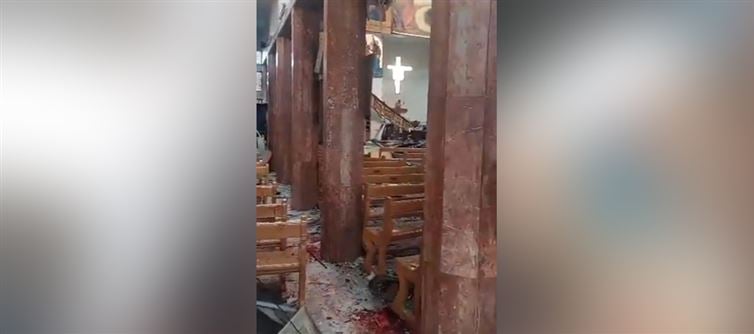
This is not an isolated incident, but part of a long and painful pattern. Over the past decade, Syria's Christian population has dwindled under the pressure of war, radicalization, and systematic targeting by Islamist extremists. Churches have been bombed, clergy kidnapped, and entire communities forced to flee ancient homelands. Despite this ongoing persecution, the global response remains subdued. media coverage is fleeting, international condemnation is often vague, and support from Western powers is inconsistent at best. The silence surrounding these atrocities only deepens the sense of abandonment felt by survivors and their communities.
The attack on St. Elias is a stark reminder that Christians in syria and across the Middle east are still under siege—not for political reasons, but because of their faith. It is a genocide in slow motion, met with indifference by much of the world. A response is long overdue. It begins with acknowledging the suffering of these communities, giving voice to their stories, and taking concrete steps to protect their rights and heritage. The blood spilled at St. Elias demands more than mourning—it demands moral clarity, accountability, and action.




 click and follow Indiaherald WhatsApp channel
click and follow Indiaherald WhatsApp channel